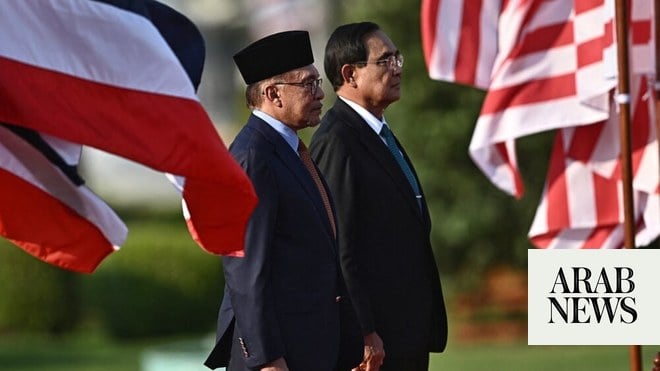
At a time of growing tension in the Middle East, with so many countries beset by terrorism and all-out war, the role of international humanitarian law is increasingly important in attempts to maintain peace and security, and to resolve disputes between states.
When diplomatic solutions fail, there can be penalties, often including economic sanctions, which raises an important question: What is the legal framework that defines the mechanism of imposing economic sanctions on a specific country?
Economic sanctions can generally be defined as the process of suspending or severing trade and financial relations, usually to achieve a political or security aim. They may be imposed by the UN, by a bloc of states or by a single state, as a means of pressuring a country to change its political, military, economic or even social behavior, and to respect the rules of international humanitarian law.
It is important to note that while the UN Security Council is concerned with finding peaceful solutions to international conflicts, it is also within its competence to employ force if an act of aggression by a state constitutes a threat to international peace.
The legal framework for the imposition of economic sanctions is mainly set out in Articles 39, 41 and 42 of the UN Charter, the foundational treaty of the UN, which articulates a commitment to uphold human rights and defines a set of principles aimed at doing so.
Article 41 stipulates the powers of the UN Security Council to decide on measures that do not require the use of armed force to maintain peace. Such measures may include the partial or total suspension of economic ties, rail, sea, air, postal and other means of transport and communications, and severing diplomatic relations.
Economic sanctions may include the suspension of loans and investments, or the freezing of financial accounts abroad. There may also be restrictions on international trade with the target state, and a prohibition or limit on the export or import of certain types of weapons, food, medicines or raw materials.
The aim of such sanctions is to affect the decision-making process in the target state, but they may also significantly affect civil society; ordinary people may bear the unfair and exhausting consequences of such sanctions, especially if the government of the target state is unaccountable to its people, and governs by tyranny.
Strengthening the rule of international law contributes significantly to the peace, protection and security of individual states and their people, and to this end many laws and treaties have been developed over the past decades. The UN has led significant efforts to promote international humanitarian law, and the Security Council has become increasingly involved in protecting civilians from the consequences of armed conflict, promoting human rights and protecting children in wars.
However, without sufficient awareness and the appropriate application of these treaties and other measures, the sad fact is that they will remain merely a collection of papers gathering dust in an archive.












